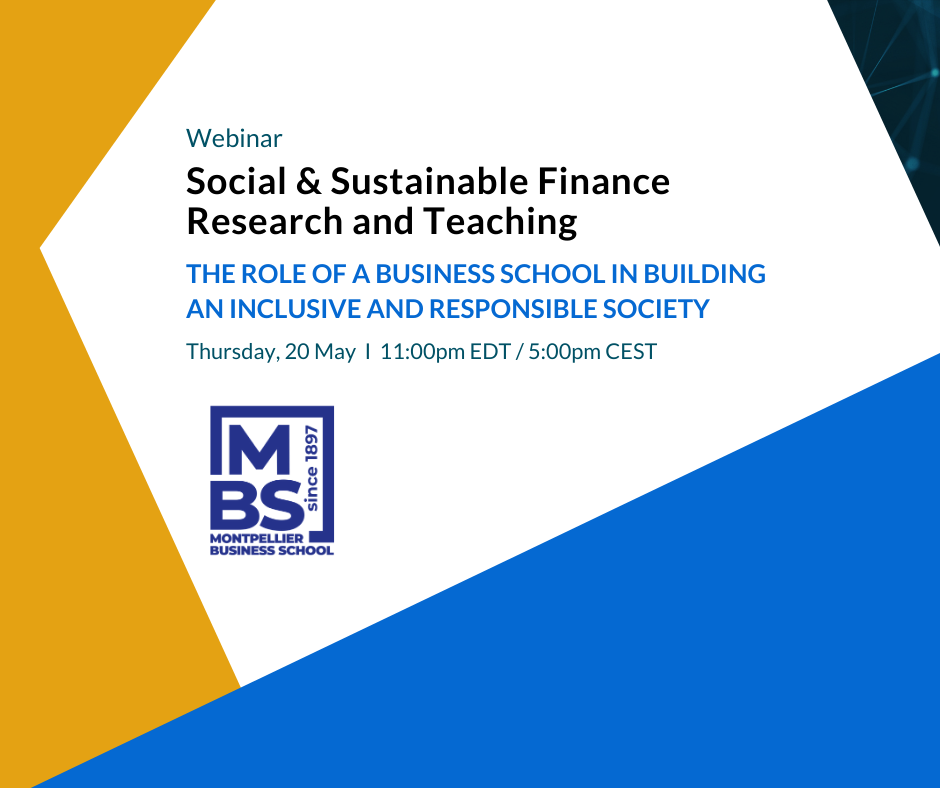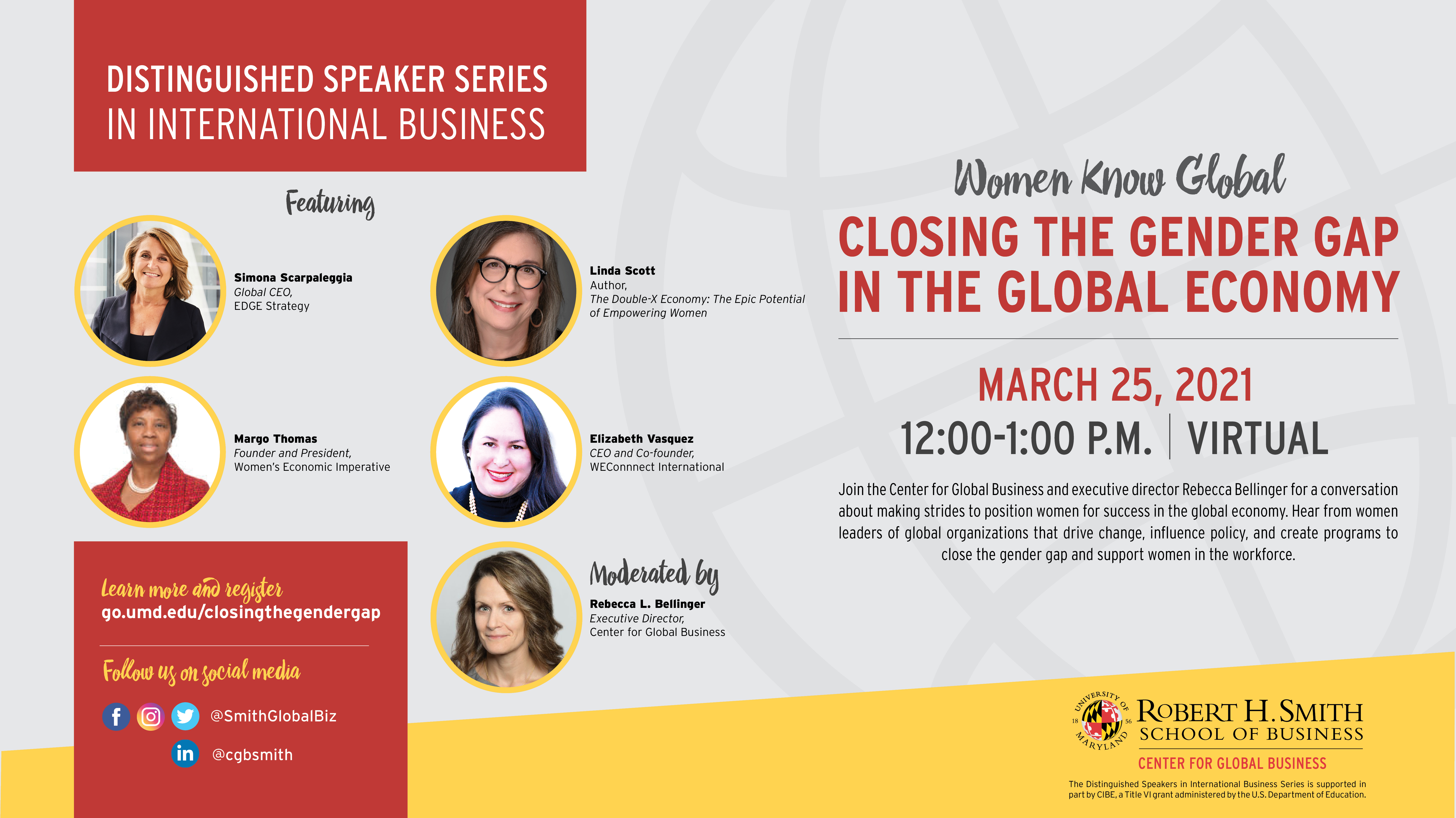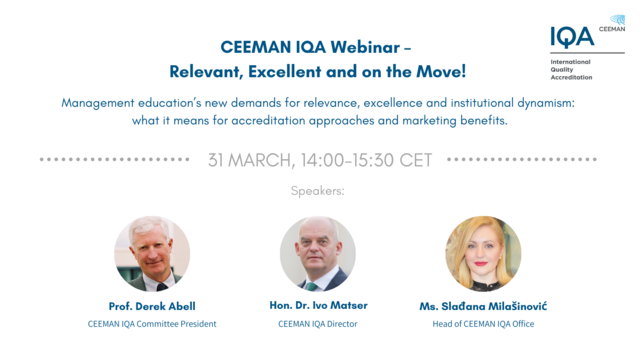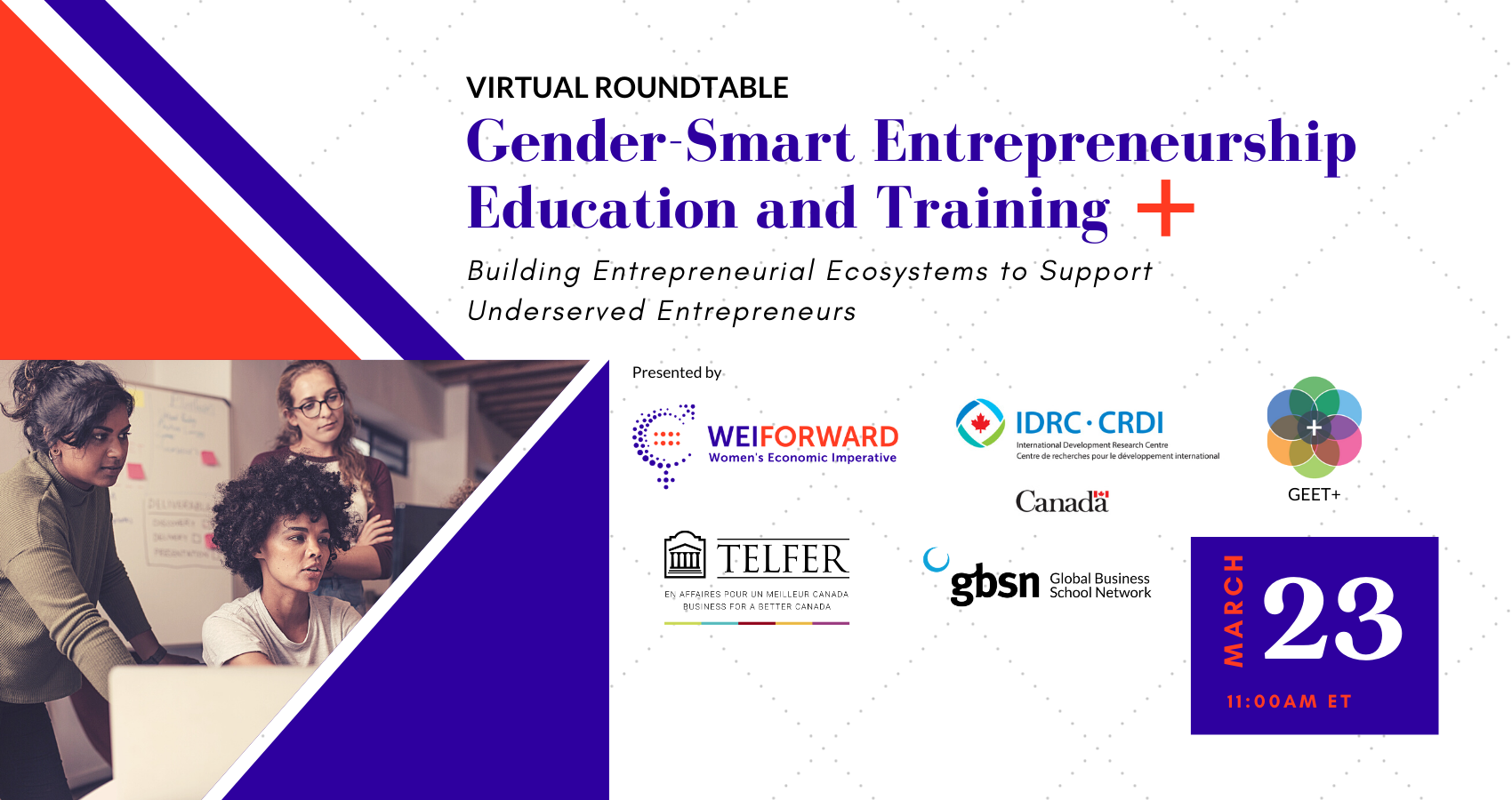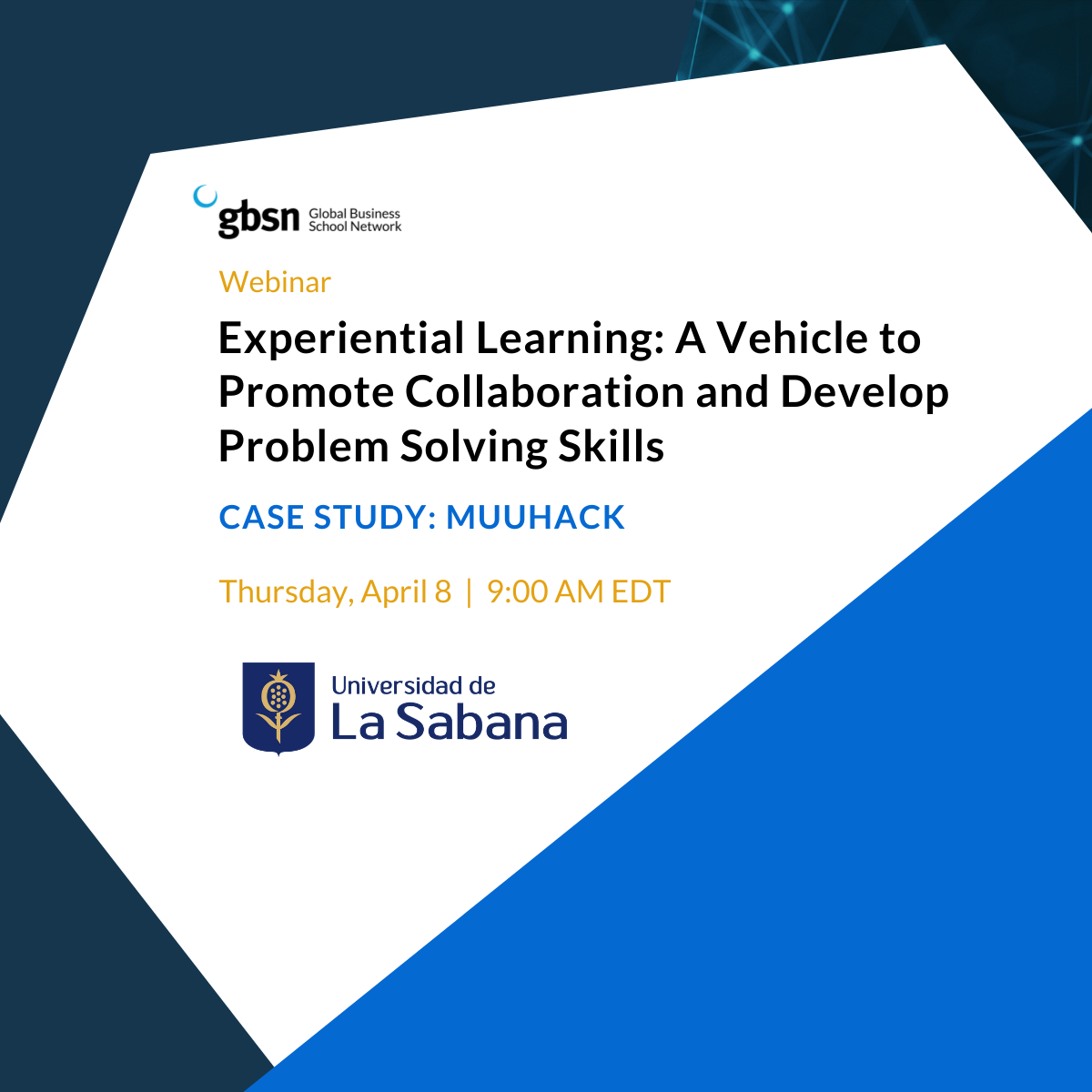Institut d’Études des dynamiques contemporaines de l’État et des sociétés en Afrique recently launched a call for papers for collective works on the theme of the digital transformation of public administrations in Africa.
Descriptive Overview
Driven by the global context of the digital revolution and the strong social penetration of technological innovations, the progression of e-government in Africa (UN, 2020) places an important issue at the center of the debate: the adjustment of administrative structures to the new requirements of public service delivery. Indeed, the implementation of digital government implies the revitalization, or even the reinvention, of the administration’s internal processes and its relations with its environment: relations with citizens, relations with the private sector, and relations with other administrations. In this dynamic, although they are indispensable resources, information and communication technologies and connectivity represent more of a lever or a catalyst (Gur-baxani and Dunkle, 2019; Vial, 2019; Caron, 2021). The adaptation of the administration, including its organization, missions, functioning, culture, and strategies, to the imperatives and logic of the State’s digital development, is the pillar of digital transformation.
Despite a global trend towards homogenization of the discourse on the need for egovernment and digital administration, which has become the new sacred canon of institutional modernity, it is important to emphasize that there is no single way to view digital transformation. The fields of observation favored by the specialized literature (service to citizens; organization and management of information; transformation of employment; transformation of the internal environment of the administration and its control methods: Brown, 2005) are dependent on contextual specificities, and must be analyzed from them. Digital transformation remains framed by a set of rules, norms, resources specific to a socio-political and geographical context (Schou and Hjelholt 2018). In this sense, as Hadj Nekka aptly argues, a rigorous approach to producing scientific knowledge about the organization should focus on organizational arrangements and practices and lead the researcher to look as closely as possible at organizational realities (2016).
The present call is part of this empirical perspective of research on organizations and administrative reform in Africa. It invites researchers to reflect on the organizational issues and contextual specificities of the digital transformation of public administrations. The book project thus proposes to make a significant contribution to the little-documented study of the organizational dimension of the changes introduced by information technologies into administrative routines (Jacob and Ouellet, 209) and, in general, to the embryonic research on the organization of public administrations in Africa (Kamdem, 2000).
Suggested Areas for Reflection
- Benefits, challenges and success factors
- The issue of organizational culture
- Information management and organization
- The transformation of employment and work methods
- Administrative control and organizational performance measurement
- Improving service to citizens
- Organizational strategies for digital transformation
- Bureaucracy, New Public Management and Digital Administration
Key Dates and Deadlines
- March 23, 2021: Launch of the call for contributions
- May 15, 2021: Deadline for chapter proposal submission
- May 30, 2021: Notification to authors of acceptance of their proposal
- October 30, 2021: Chapter submission by authors
- November 30, 2021: Chapter review and recommendations to authors
- December 21, 2021: Submission of revised chapters by authors
- Winter 2022: Publication of the book in a Canadian university publishing house
Terms of Submission
Authors are invited to submit their book chapter proposal, including a title, five (5) keywords, and a short biography. The theme of the call must be specified in the subject line. Proposals should not exceed 500 words. They should include a problematic, a presentation of the subject and a summary plan. They can be submitted in French or English and sent to the following address: soumission@idees-afrique.ca.
Book Direction
Denis Proulx, Ph. D. (École Nationale d’Administration publique du Québec)
Raoul Tamekou Tsowa, Ph. D. (IDÉES-AFRIQUE, Director)
References
Brown, David. 2005. “Electronic government and public administration.” International Review of Administrative Sciences 71(2): 241-254.
Daniel, Caron J. 2021. “Technologies numériques et efficience organisationnelle. Repenser l’organisation publique selon ses flux informationnels ». Dans Nathalie, de Marcelin-Warin et Benoît Dostie, Le Québec économique. Perspectives de la transformation numérique (vol.9). Montréal : CIRANO, 373-395.
Gurbaxani, Vijay, et Debora Dunkle. 2019. “Gearing Up For Successful Digital Transformation.” MIS Quarterly Executive 18(3): 209-220.
Kamdem, Emmanuel. 2000. “L’analyse des organisations en Afrique: un champ de recherche émergent.” African Sociological Review/Revue Africaine de Sociologie 4(2): 93-132.
Nekka, Hadj. 2016. “Convoquer des cadres théoriques pour en faire la critique à partir des terrains africains: quelle est la pertinence scientifique d’un tel projet? ” Revue internationale des sciences de l’organisation 1: 7-21.
Schou, Jannick, et Morten Hjelholt. 2018. Digitalization and public sector transformations. New York: Springer.
Steve Jacob et Steven Ouellet. 2019. « Transformation du travail et évolution des compétences dans la fonction publique à l’ère numérique ». Cahiers de recherche sur l’administration publique à l’ère numérique 1 : 1-36.
United Nations. 2020. E-Government Survey 2020. Digital Government Survey in the decade of Action for Sustainable Development. With addendum on Covid-19 Response. United Nations: New York.
Vial, Gregory. 2010. “Understanding digital transformation: A review and a research agenda.” The Journal of Strategic Information Systems 28(2): 118-144.



